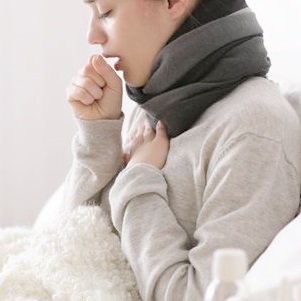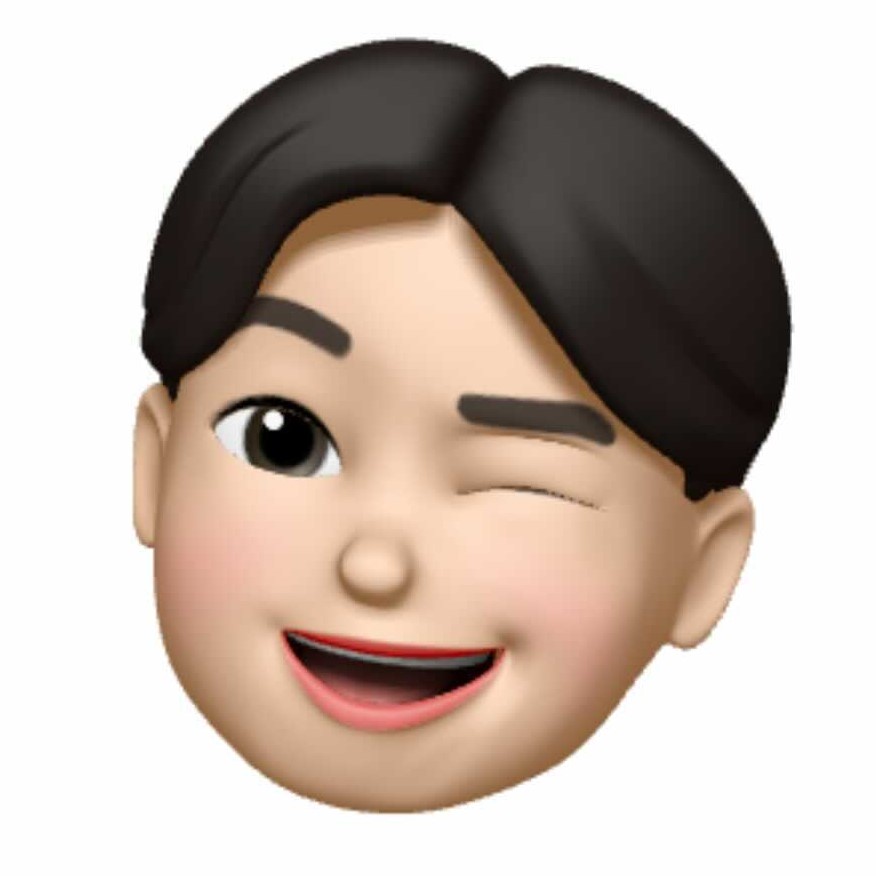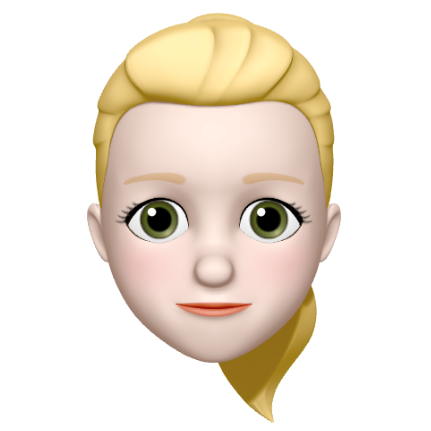
With the dropping temperatures come flattened Gingko fruit scattered along the pavement, and the night descends upon us sooner as autumn gradually shifts to winter. While winter may bring joy and festivities to some, for others it is a season of caution and trouble. The layers upon layers of clothing we wear become heavy as we try desperately to keep the heat wrapped around our bodies. The ice-cold weather can pierce through the air and into our lungs with each breath like a cold dagger sending sharp chills coursing throughout our bodies. The cold temperature is one hardship we all have to face in winter, but we mustn’t forget the troubles of having a cold in this harsh, unforgiving season.
Catching a cold seems like a standard part of winter. Since it isn’t commonplace to wear masks in Auckland, a cold or flu virus can easily spread through the air. And unless you have a strong immune system loaded with vitamin C from consuming fruit every day, it is hard to avoid. I did notice, though, that many people do carry hand sanitizers in their bags to sanitize their hands every now and then. Winter in Auckland can probably be considered much milder than further down south in New Zealand or even here in Tokyo. It hardly ever gets cold enough to the point where it snows, and if it does it is like white specks of dust on your glasses. It’s small, forgettable and with a wipe of a cloth, it is gone. Unfortunately without the magic of snow, winter seems gray. ‘Kairos’ or heat pads in Japan don’t really exist in New Zealand, but we rely on a lot of woolen merino clothes and down jackets when we go out and about in the street.
I guess it is common throughout many countries to eat chicken soup when you get sick. In my household, while my mother did make chicken soup, it wasn’t the white colored chicken soup or even chicken corn soup. Instead, it was black, colored that way when the chicken was boiled with the many herbs and spices often found in Chinese medicine. The blacker it is, perhaps the healthier it is. The taste wasn’t awful though, just unpleasant to look at.
I found out recently that it is a common routine or habit to wash your hands and gargle some water after coming back home in Japan, a practice done every day. I was very surprised when I found out about this. Most commonly, we wash our hands after using the toilet or before a meal, and gargle some mouthwash or water when brushing our teeth. This practice in Japan was unheard of for me. It is smart though, and to think it isn’t something more commonly done to prevent a cold back home was kind of mind-boggling to me.
I caught a cold here recently, and have been suffering with a sore throat since. With the wide array of cold prevention techniques and cold remedies conveniently available in Japan, I feel it is easy to get better sooner or at least lessen the effects of a cold here. I just need to be careful not to pop too many throat candies in the meantime.
Amy
Vocabulary
course (v) ? something (often a liquid) moving swiftly without obstruction; flow
commonplace (n) ? usual; regular; ordinary
sanitize (v) ? make clean and hygienic; disinfect
gargle (v) ? wash one's mouth and throat with a liquid by moving it around in the back of your throat (using air from your lungs)
mind-boggling (adj.) ? surprising and hard to imagine or understand
pop (v) ? to put something somewhere (ex: into your mouth) quickly or suddenly
ネイティブ講師と話すならこちら!
英語学習をフルサポート!
マンツーマン&コーチングの英会話教室




















